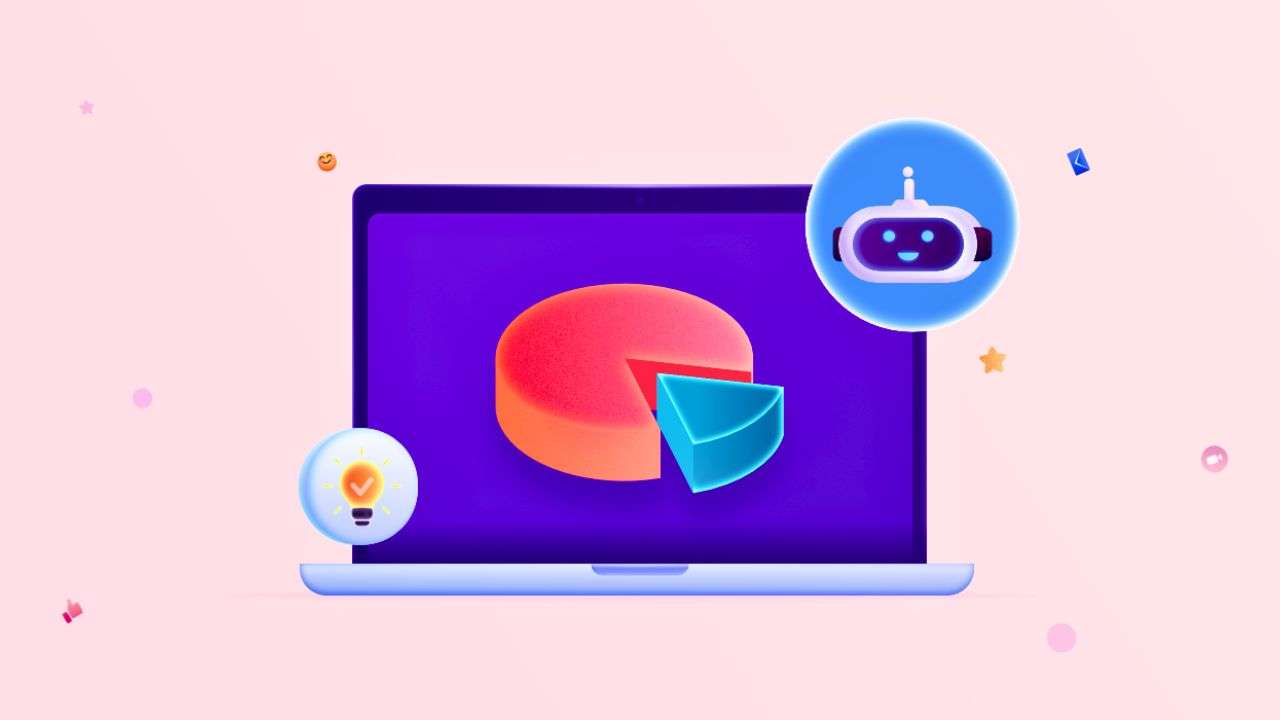AI chatbots have become a cornerstone of business operations, revolutionizing customer service, sales, and communication. As we move into 2025, the options for free AI chatbots are broader and more advanced, providing powerful tools for businesses of all sizes to automate tasks and enhance customer experience without breaking the bank. In this article, we’ll dive into the top free AI chatbots of 2025, exploring their unique features and why they’re the best choices for businesses in this digital age.
Why AI Chatbots Are Essential in 2025
- Enhanced Customer Engagement: AI chatbots can interact with users 24/7, ensuring prompt responses to queries.
- Cost-Effective Automation: They reduce the need for large support teams, making automation accessible even for small businesses.
- Improved User Experience: AI-driven tools offer personalized interactions that mimic human conversations, creating a better experience for customers.
- Widespread Integration: AI chatbots now integrate seamlessly with websites, apps, and social media platforms, providing a consistent presence across multiple channels.
Top Free AI Chatbots for 2025
1. ChatGPT by OpenAI
- Overview: ChatGPT remains a top-tier AI chatbot with its natural language processing capabilities. It’s an excellent choice for businesses needing fluid and natural conversations.
- Key Features:
- Exceptional language fluency for human-like interaction.
- Customizable for specific tasks.
- Easy integration with websites and apps.
- Use Cases:
- Customer support: Answering queries and resolving issues.
- Product recommendations: Assisting customers in making informed choices.
- General assistance: Managing FAQs and guiding users through processes.
2. Tidio
- Overview: Tidio offers a versatile solution combining live chat and chatbot capabilities, tailored for small businesses.
- Key Features:
- Live chat integration alongside chatbot functionalities.
- Customizable chatbot templates.
- Automation of customer support tasks, saving time and effort.
- Use Cases:
- Small businesses: Managing customer inquiries efficiently.
- E-commerce: Integrating with Shopify, WordPress, and Wix to support customers during their shopping journey.
- Task automation: Handling routine questions to free up staff.
3. HubSpot Chatbot Builder
- Overview: Known for its robust marketing tools, HubSpot’s Chatbot Builder simplifies customer interaction and lead generation.
- Key Features:
- Seamless integration with HubSpot’s CRM.
- Tools for generating leads and booking meetings.
- Customizable workflows for different business needs.
- Use Cases:
- Marketing teams: Streamlining lead capture and nurturing.
- Customer service: Automating responses and gathering user information.
- Business growth: Enhancing customer interaction while scaling operations.
4. ManyChat
- Overview: ManyChat focuses on social media chatbot solutions, excelling in platforms like Facebook and Instagram.
- Key Features:
- Integration with popular social media platforms.
- Automation for SMS and email follow-ups.
- User-friendly visual builder for easy chatbot creation.
- Use Cases:
- Social media engagement: Automating responses on Facebook and Instagram.
- Marketing campaigns: Sending personalized follow-ups via SMS and email.
- Customer retention: Keeping users engaged through interactive conversations.
5. Flow XO
- Overview: Flow XO is ideal for businesses exploring multi-channel communication, offering built-in analytics for tracking performance.
- Key Features:
- Support for various platforms like Facebook Messenger, Slack, and Telegram.
- Performance analytics for understanding user behavior.
- Workflows for automating lead generation and follow-ups.
- Use Cases:
- Startups: Managing up to 500 monthly interactions with the free plan.
- Multi-channel engagement: Communicating across platforms.
- Data-driven decisions: Using analytics to refine chatbot strategies.
How to Choose the Right AI Chatbot for Your Needs
- Define Business Goals: Determine if your primary need is customer support, lead generation, or sales.
- Platform Compatibility: Ensure the chatbot integrates with your existing platforms like websites, apps, or CRMs.
- Scalability: Consider how the chatbot will grow with your business.
- Features: Look for customization options, analytics, and automation capabilities.
Emerging Trends in AI Chatbot Technology for 2025
- Advanced NLP (Natural Language Processing): Chatbots are becoming more adept at understanding and responding to user inputs naturally.
- Hyper-Personalization: AI chatbots can tailor responses based on user data, improving engagement.
- Social Commerce: Chatbots are playing a bigger role in facilitating purchases directly through social media platforms.
- Omnichannel Strategies: Businesses are leveraging chatbots for consistent customer experiences across multiple channels.
Conclusion
AI chatbots are transforming how businesses operate, and the free tools available in 2025 offer unmatched opportunities for companies to improve their efficiency and customer interactions. ChatGPT leads in conversational fluency, while Tidio excels in live chat integration. HubSpot stands out with its CRM synergy, ManyChat dominates social media automation, and Flow XO caters to startups with multi-channel communication.
The future of AI chatbots is exciting, with advancements in personalization and integration making them indispensable for businesses. By choosing the right chatbot, you can streamline operations, enhance customer satisfaction, and drive growth—all while staying within budget. Start exploring these free AI chatbot options today and unlock the potential of automated communication.
Additional Insights and Resources
For businesses looking to explore further, here are a few practical steps:
- Experiment with free plans to find the right fit.
- Focus on integration with your existing tools.
- Keep up with trends to make the most of evolving technologies.
With the right chatbot, 2025 can be the year your business truly embraces automation and redefines customer engagement.
Read Also:
Impact of GenAI on the Software Testing Market
GenAI in Code Analysis: Revolutionizing Software Development in 2024
